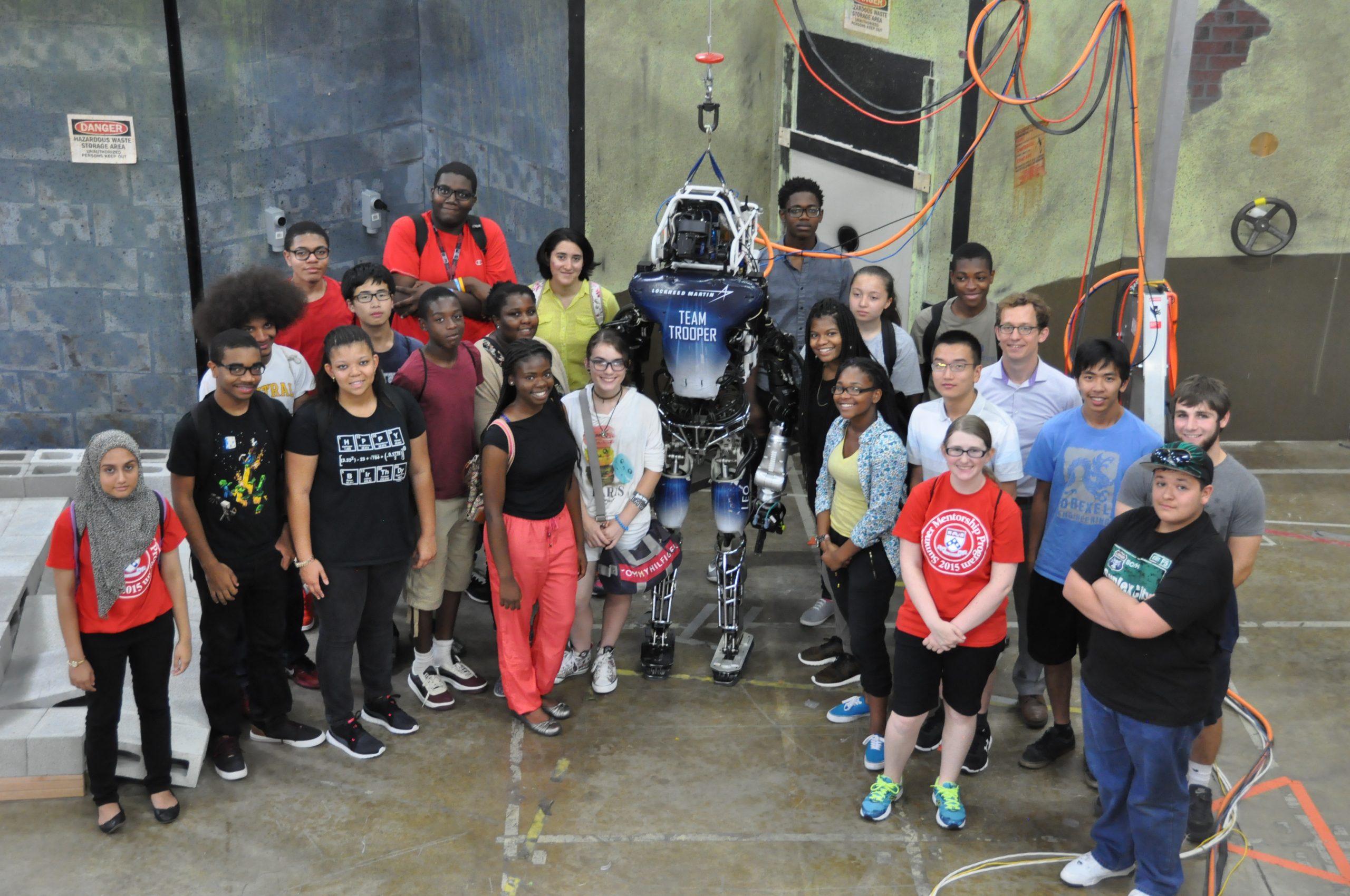
Unite-SMP Robotics Summer Program
Overview
The Unite Summer Mentorship Program (SMP) in Robotics is a collaborative effort between Penn’s Vice Provost Office for Student Engagement and the GRASP Lab and is sponsored by the Army Education Outreach Program. Ninth grade (rising 10th grade) and 10th grade (rising 11th grade) students participate in a four-week engineering course with three instructors and two mentors. Activities include programming lessons, engineering design lessons, engineering projects, robotics competition, career day involving industry speakers, field trips to engineering facilities, and tours of GRASP. Students are supplied with a $400 stipend.
The 2021 program runs 5 days a week, 9am-4pm, July 12 – Aug. 6.
Applications for 2021 can be found here: https://smp.vpse.upenn.edu/. Applications are due by May 14th and involve high school transcripts and recommendations.
Requirements for participation
- Must be a rising 10th or 11th grader (current 9th or 10th grader)
- Must be a student at a public school in the City of Philadelphia (charter or SDP)
- Must identify in 2 of 5 of the following categories: underrepresented minority, female, ESL, Free or Reduced Lunch, 1st Generation College Bound, Receive Special Education
- The following must be submitted with application: transcript, two recommendations, and a personal statement. Details can be found in the application.
Here is an overview of the 2015 Summer Mentorship Program as an example:
The 2015 Summer Mentorship Program provided an exciting and challenging summer for 18 aspiring young scientists. Each student received a stipend while meeting the challenges of a high-expectation environment and tough research project responsibilities. These projects examined different aspects of programming, electrical and mechanical engineering, and design.
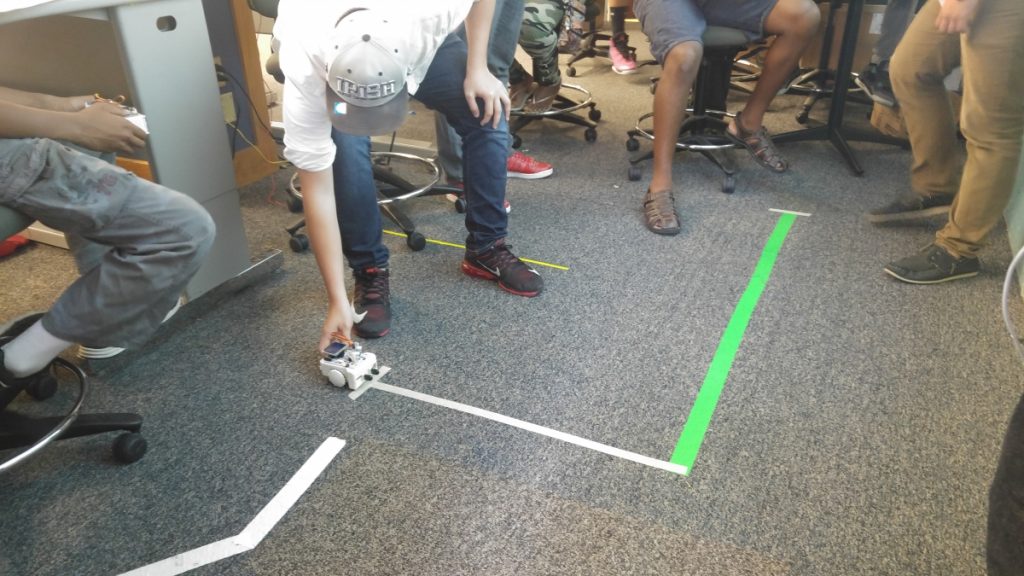
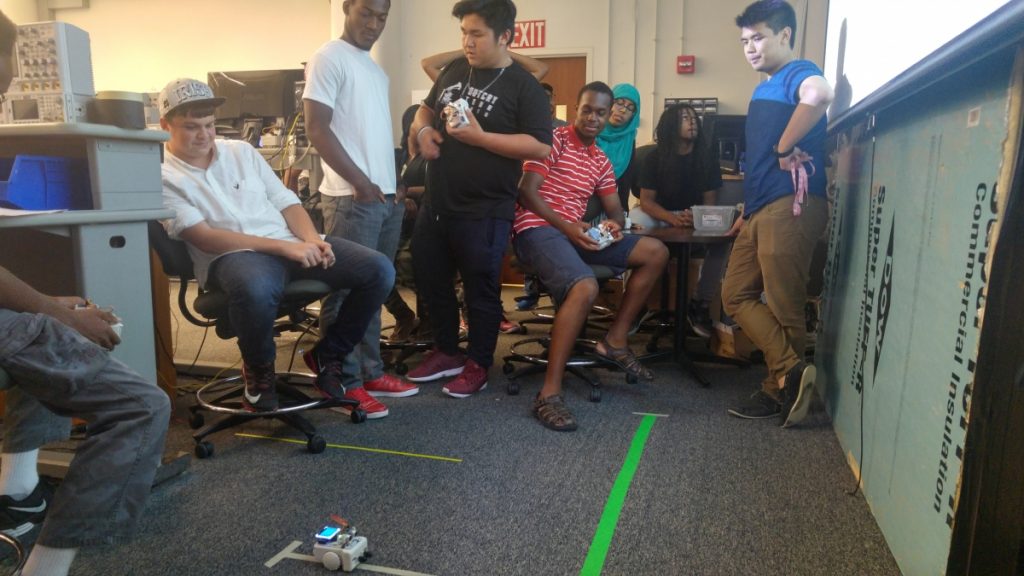
Students also had the opportunity to visit Lockheed Martin on a field trip. There, they were introduced to Atlas, a humanoid robot that competed against other robots in the DARPA competition, and learned about the real-life applications of robotic technology. In addition, several speakers gave a talk about their work in the industry to the students, and students were given a tour of GRASP’s faculty research labs where they could see GRASP’s robots in action and speak with robotics graduate students.
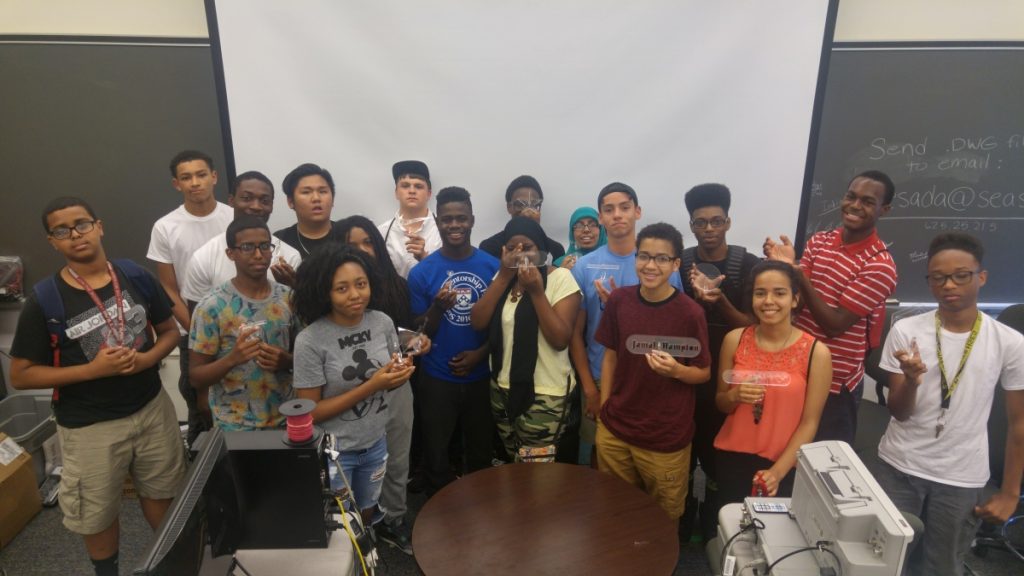
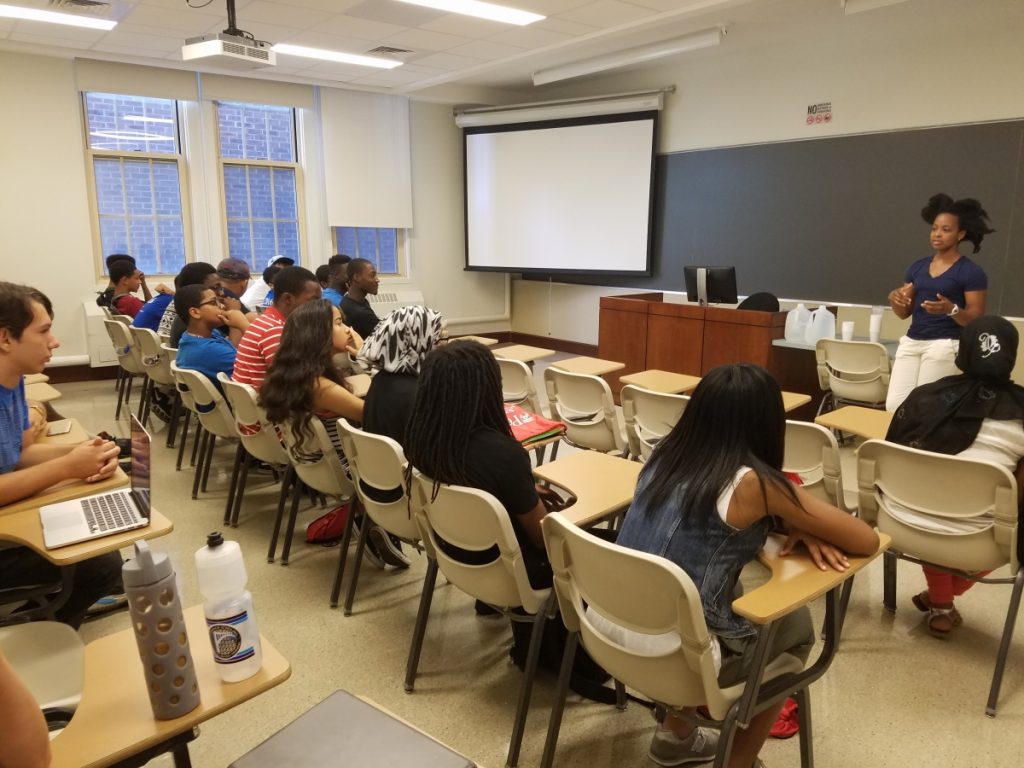
Students employed their newly acquired skills to complete the Final Challenge—”Fukushima Disaster,” a search and rescue project for which students were required to build a robot that would autonomously navigate through a field space (the “factory”) consisting of four different areas to remove 3D printed pawns (the “contaminated waste”) located at four different coordinates, of which only two were provided
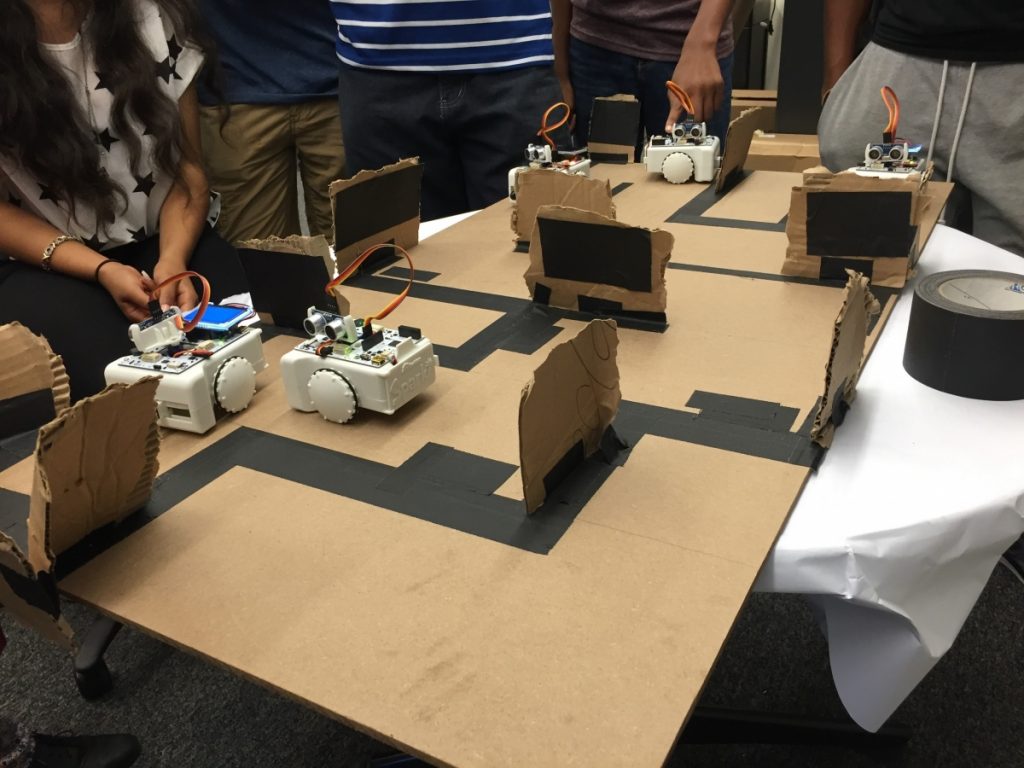
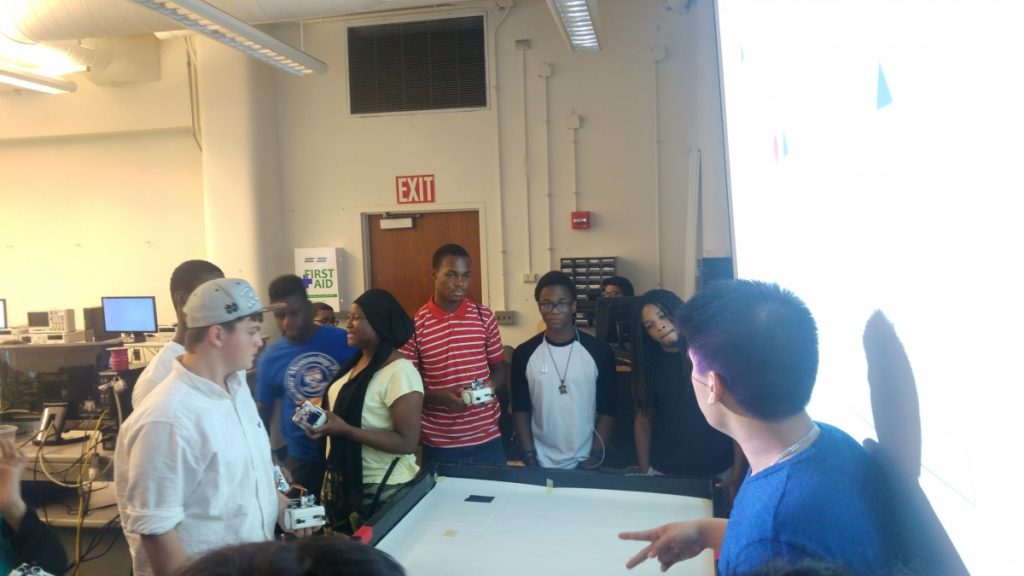
Students of the program presented their experience this summer during a closing ceremony. Their final presentation can be viewed below.

Contact Information
Penn SMP: Don Harrison
